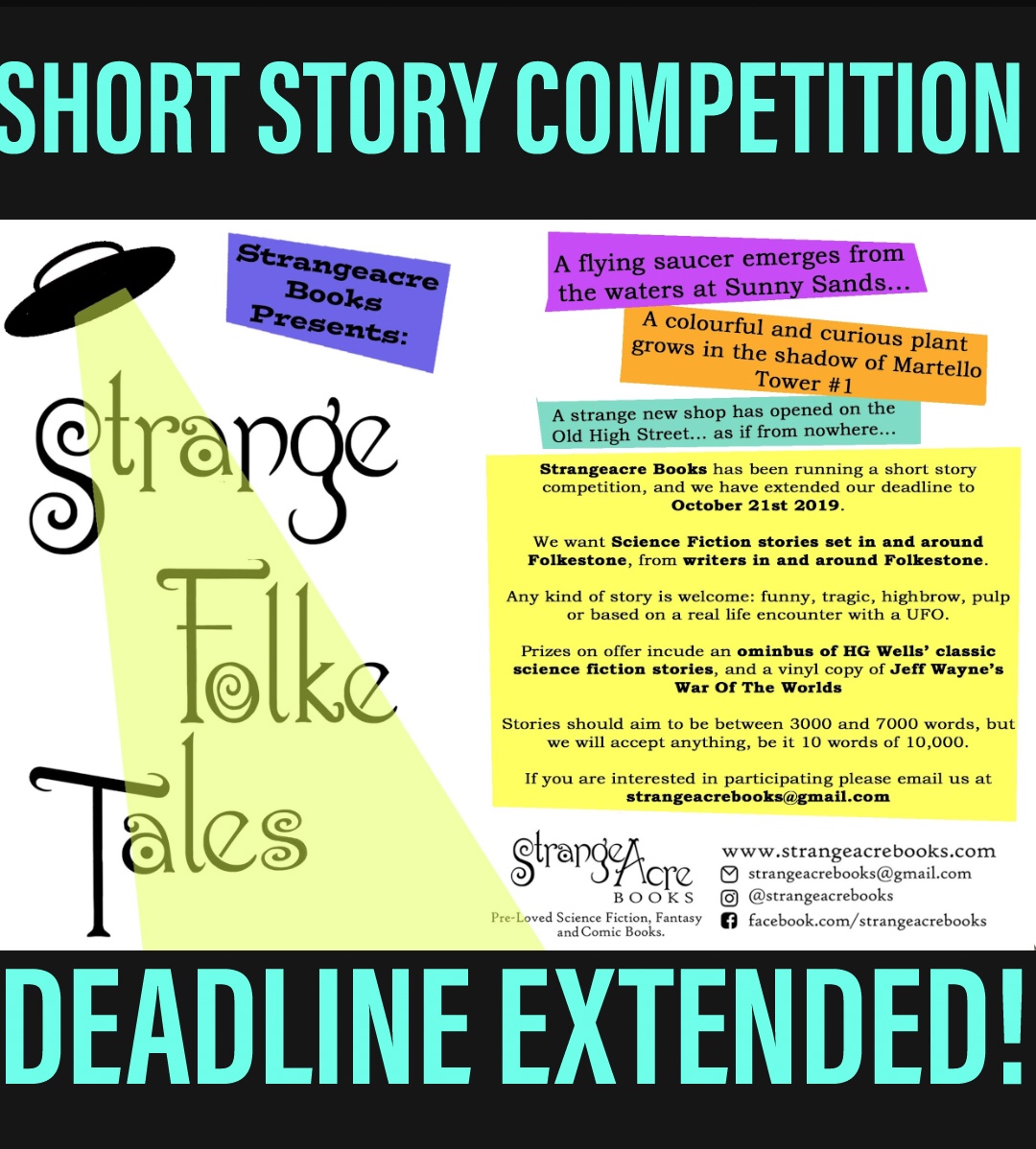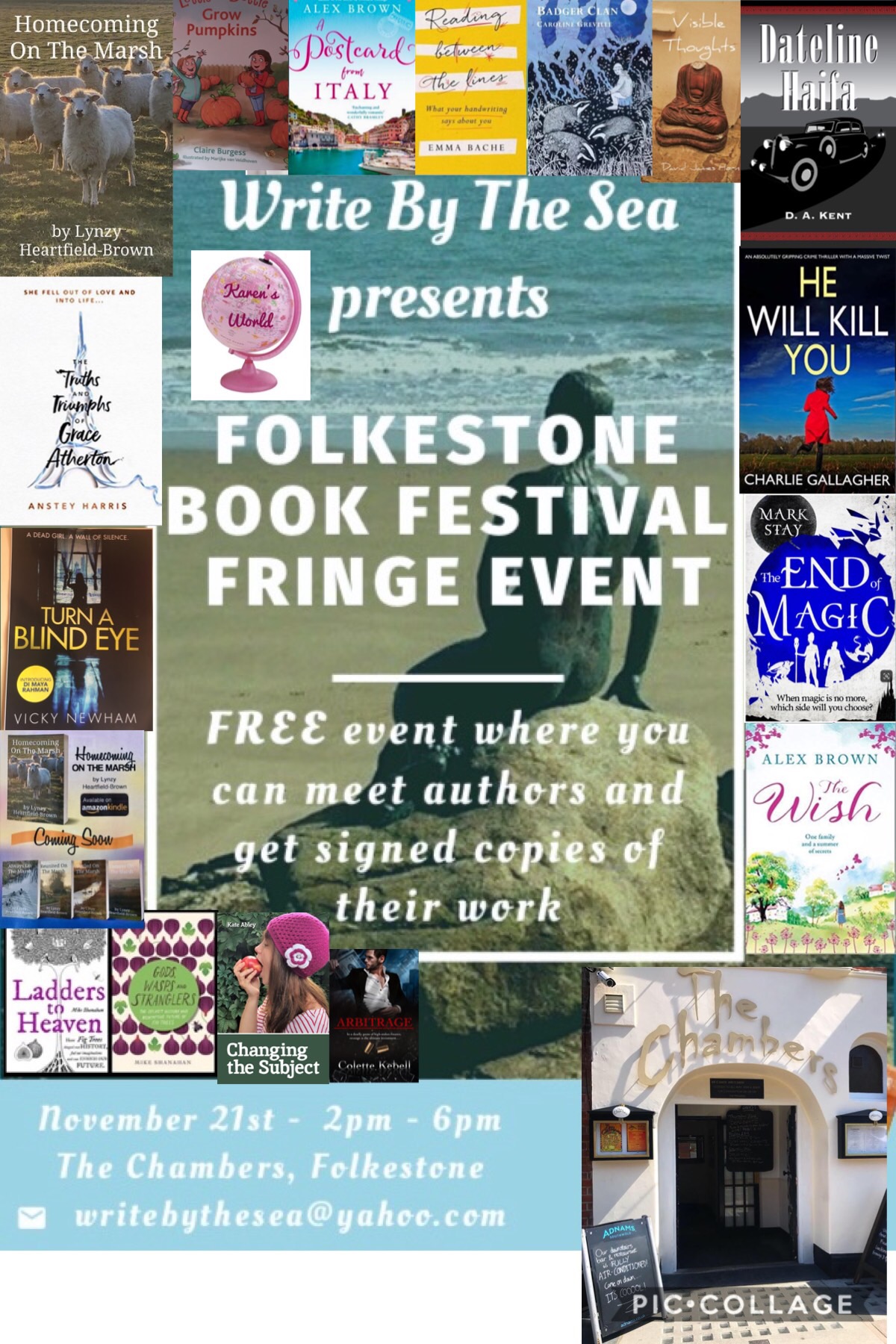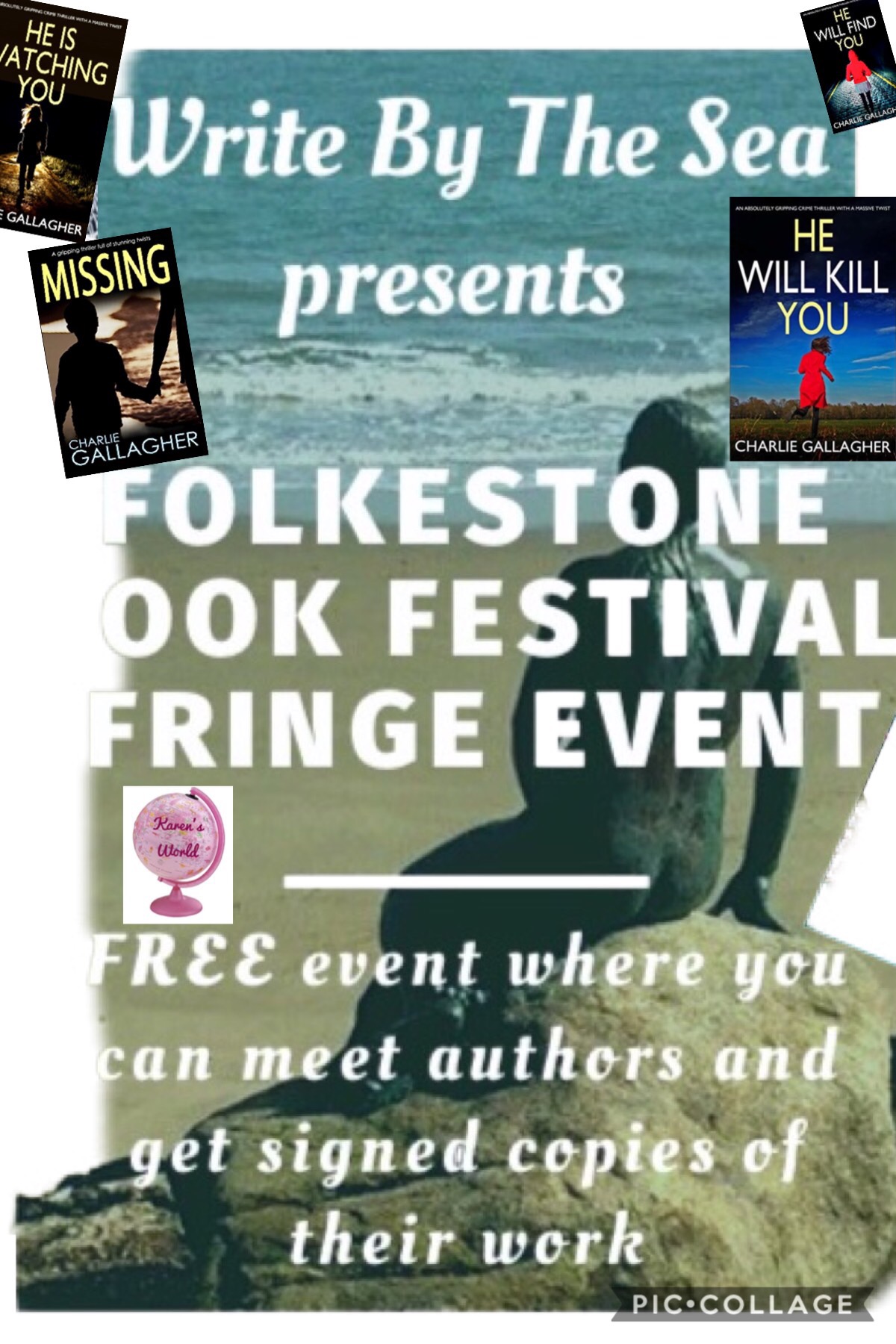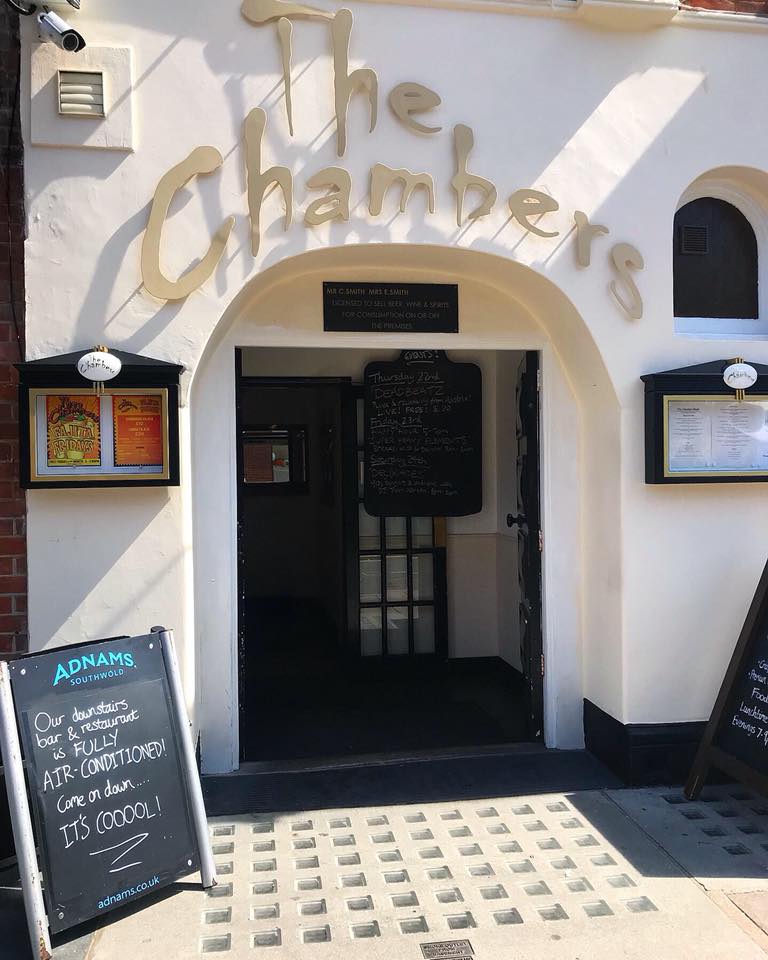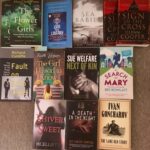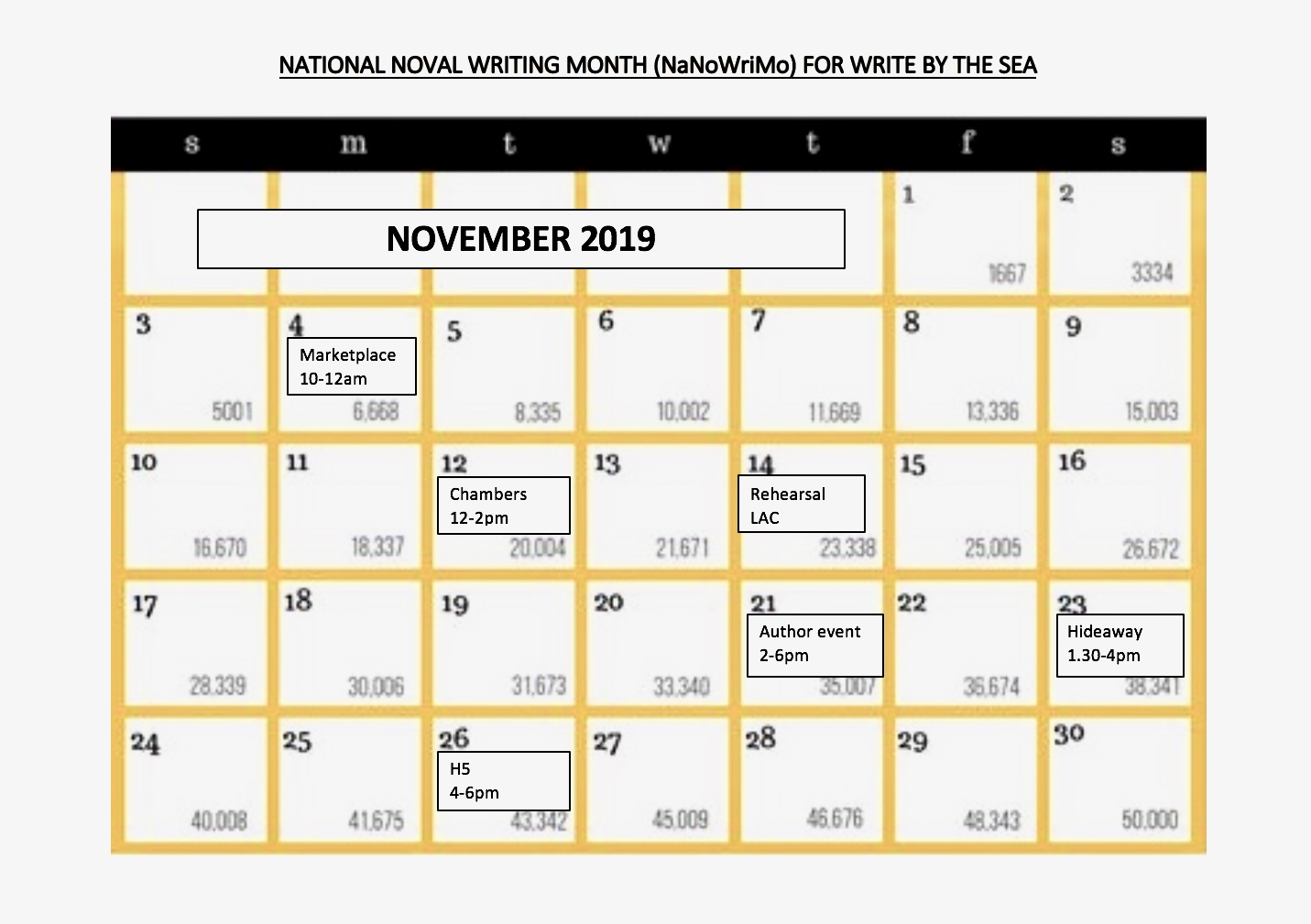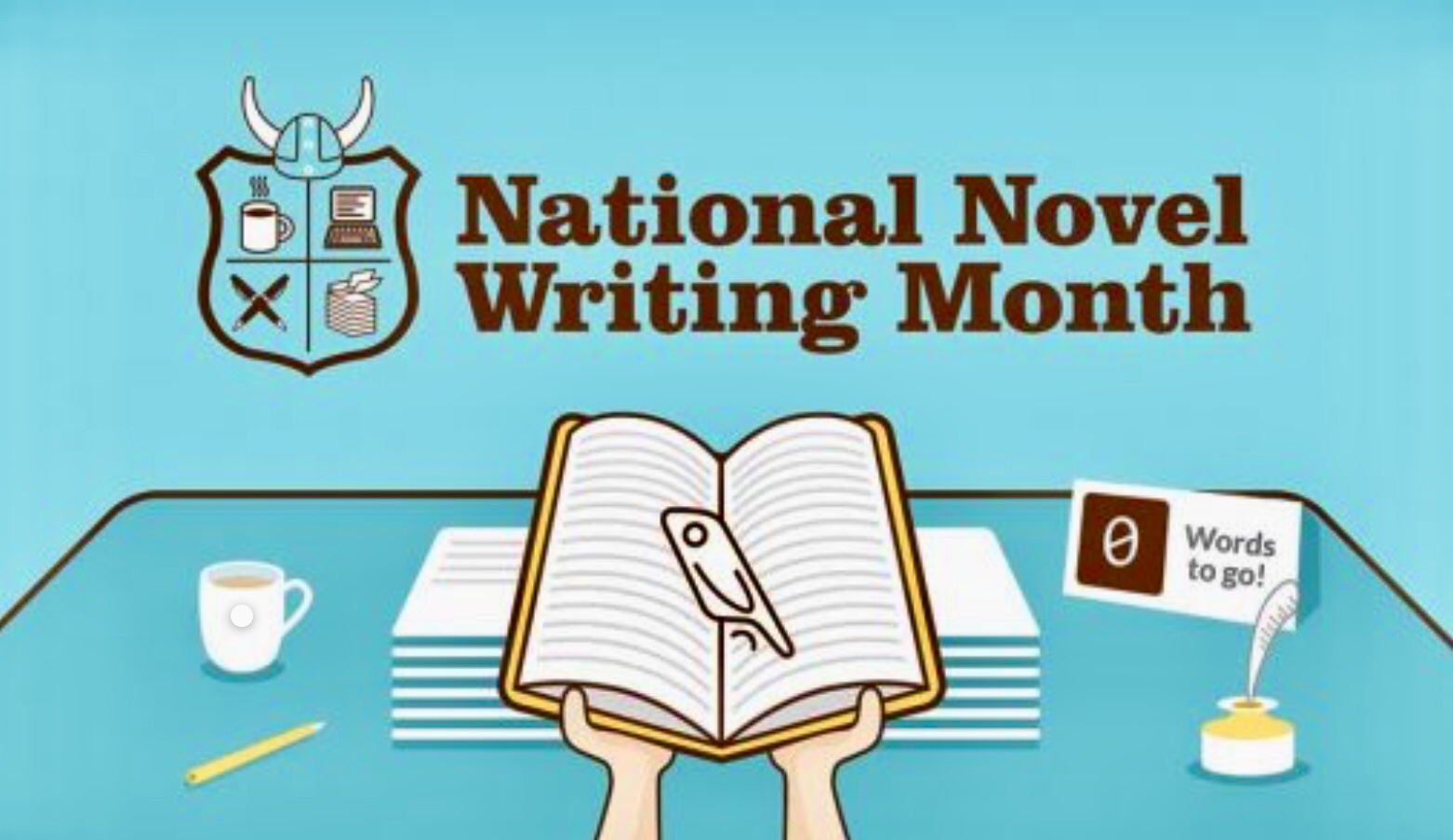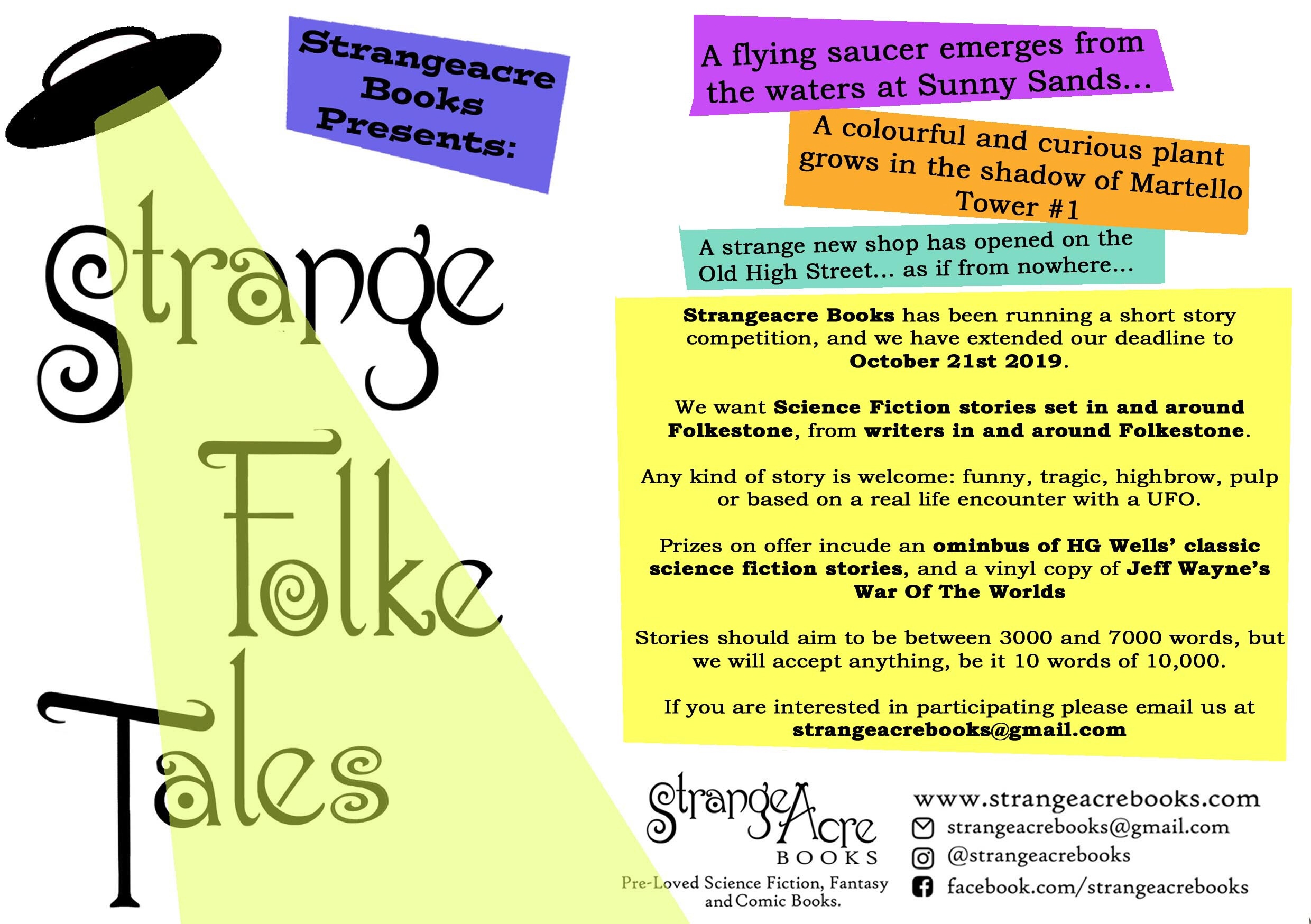Monopoly:
The exclusive possession or control by a few over much and over many.
The possibility for monopoly comes in many guises. For example a famous board game with the aim of becoming the richest player, or monopolising a conversation, or a child attempting to keep all the toys for itself, or one person making a slave of somebody else. Another quite insidious form of monopoly was once found among those claiming to help others.
The following information represents a heavily edited version taken from a chapter titled ‘The Charities’ found in my book ‘Alex: The Considered History of a Childs Survival’.
During the Victorian era, there were hundreds of charities each helping groups of people with real demanding needs and almost all of these charities could boast of doing a great deal of good. But there was as you might expect some duplication of giving and dishonesty among recipients taking place.
In wanting to monopolise Christian thinking, the inveigling religious sect with its feast of ever failing dates for the Supreme Being’s day of retribution still manages to heap scorn of ‘false prophet’ on other would-be prognosticators.
The ‘Charity Organisation Society’, from here on known as ‘COS’, was another self- appointed guardian who saw its opportunity to control the mindset of all Victorian charities with legislation designed to restrict charitable giving whilst claiming to use a more scientific approach in helping the destitute. Octavia Hill a founder member aided the formation of ‘COS’ in London in 1869 through the aggregation of personalities with potent affiliations, who essentially represented the interests of the privileged upper classes, and who at that time attempted to dominate with the moralizing of the Anglican Church.
Having taken the moral high ground for itself, ‘COS’ displayed a perverse approach to helping the underprivileged in wanting to maintain the status-quo between givers and recipients. Only when an applicant passed its stringent investigation did COS recommend they be directed to a charity for assistance or sent to the workhouse. ‘COS’ believed that restricting assistance from the state was the correct way to help the impoverished while focusing on the poor’s own responsibility for their plight, rather than on the uneven handed manner that Britain’s industrialized economy was being run. ‘COS’ refused to recognise that wages kept catastrophically low by wealthy industrialist and landowners without government interference or a meaningful moral compass was the real cause of much of the poverty seen during the Victorian era. And yet in order to acquire exorbitant profits, a class of poorly paid adults and children were cynically trapped into a lifetime of abject poverty.
‘COS’ accepted the political indifference toward the poorest in society, and convinced itself that they could starve the effects of impoverishment by making its outcome as unpleasant as possible for its victims. Interestingly, the Anglican Church was reluctant to give up slavery until forced by the Colonies Abolition Act of 1833 demanded by the anti-slavery movement, first begun among the British public when led by Quakers. The Anglican Church did not, however, recompense any of its freed plantation workers with its £8,823 of compensation granted to it by the English government for relinquishing its 411 slaves on the Codrington Caribbean sugar plantation.
No matter how desperate the need was, ‘COS’ refused to give help to destitute children of parents with a dubious disposition, instead offered a modicum of help only to families that showed it reverential deference and fully complied with its ethos. ‘COS’ took Thomas Barnardo the founder and director of homes for poor children to task for apparently ‘squandering money on guttersnipes’, and for not checking first if the child’s parents were of a good moral character before offering such help. Basing its actions entirely on false rumours, ‘COS’ also attempted to close the National Society for the Prevention of Cruelty to Children’s charity, instructing its own members and even appealing to the public to withhold all financial support.
‘COS’ was pertinacious in its objections to government furthering assistance and even lobbied Parliament against improving the state’s ‘Poor Law’ relief, complaining that the provision of free school dinners and free healthcare for the low paid, would debase the poor and make them lazy. Octavia Hill dismissed the idea of a universal old-age state pension on the assumption that it made the recipient “less self-reliant”, whilst turning a blind eye to those who were no less self-reliant when deriving their income from dividends with no real effort.
Mr Honeythunder’s ‘Haven of Philanthropy’ from Charles Dickens novel ‘The Mystery of Edwin Drood’, is described as a bullying London charity; it was understood by Charles’ readers to be a caricature of ‘COS’, which, with its harsh and paternalistic view became known as the ‘Cringe or Starve’ charity by its frequent critics of the day.
The good news is that despite the efforts of ‘COS’ and the Catholic Church to discredit him in the courts, Thomas Barnardo did not hesitate in continuing to offer help to children. He established over 50 orphanages in London and at the time of his death in 1905, at the age of 60, the charity was running 96 homes. He transformed the lives of nearly 60,000 boys and girls, who may so easily have vanished into the blackness of prisons and the abhorrent workhouse. In testimony to his work, thousands of people lined the streets in the East End of London to pay their respects at his funeral. In ‘The London Times’ newspaper is written: ‘It is impossible to take a general view of Dr Barnardo’s life work without being astonished alike by its magnitude and by its diversity and by the enormous amount of otherwise hopeless misery against which he has contended single-handed with success.’
In the final analysis of attempting to monopolise others, the ‘Charity Organisation Society’ failed in its parsimoniousness to reduce pauperism or establish meaningful trust among both poor communities and other charities, primarily because of its intrusive and patronising investigation of family circumstances. And as the Vice-Chairman of the Newcastle Board of Guardians, William Todd stated, “the moment you add organisation to [charity] … its lustre … light and life are gone.” Its middle-class volunteer base started to decline as early as the 1890s and with the establishment of a full welfare state during the 1940s ‘COS’ went further into decline. In 1946 ‘COS’ renamed the charity ‘Family Welfare Association’.
In September 2008, ‘FWA’ also changed its name in an attempt to improve its image. *After the charity spent £25,000 on rebranding itself, Helen Dent the organisation’s chief executive said, “Service users hated the ‘welfare’ stigma and the name gave an old- fashioned impression. We replaced the word ‘welfare’ with the word ‘action’ because it’s more positive and dynamic.”
*https://www.thirdsector.co.uk/family-welfare-association.
I have no doubt that ‘Family Action’, the current name for the ‘Charity Organisation Society’, who now run parenting programmes and offer small education grants to disadvantaged families would see Octavia’s version of charity spinning in its grave. Today ‘Family Action’s financial support comes almost entirely from UK government contracts and the State’s franchised lottery; a form of gambling that has paradoxically led lots of families further into a glutinous swamp of entrenched debt.
‘COS’ might be described as having failed in its personal quest for control, and yet it did do some good things that we still benefit from today. But on insisting that it knew best, it attempted to destroy in others a natural inclination of offering real hope along with practical help to those with nothing, but the prospect of early death in the most miserable of circumstances.








